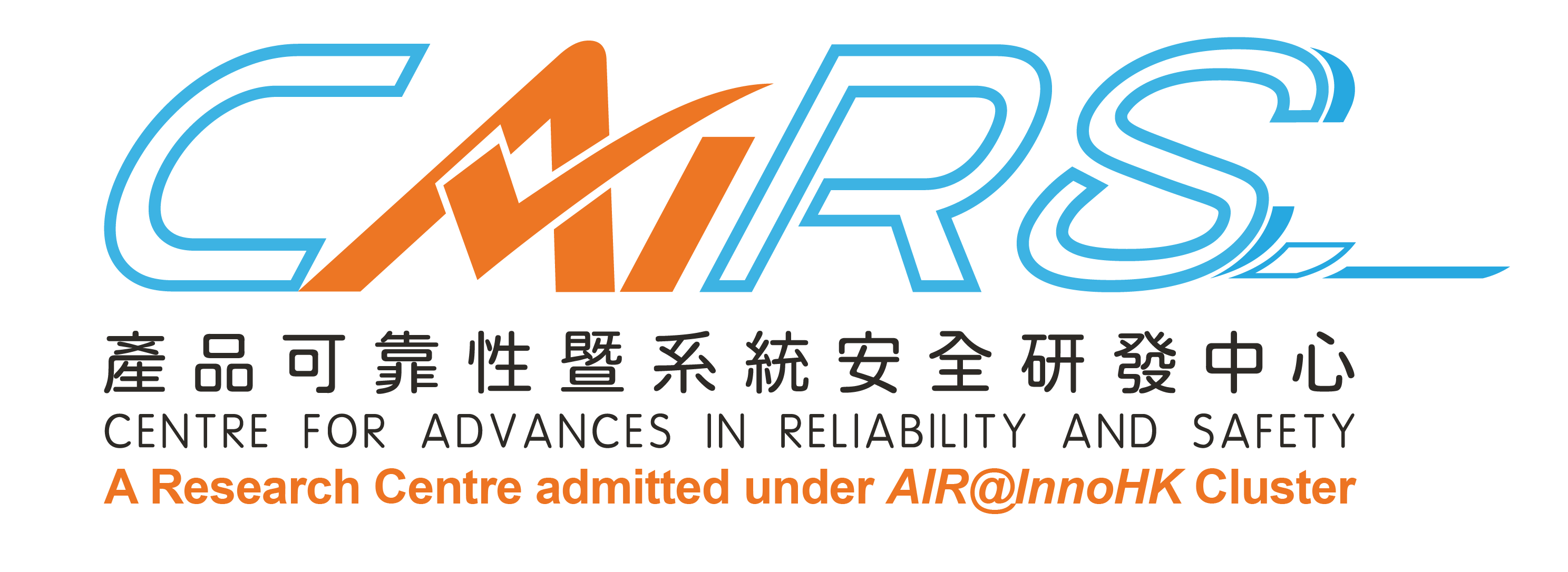X-ray Fluorescence (XRF) Spectrometer
%20Spectrometer.png)
The XDAL 237 SDD XRF Spectrometry is a nondestructive, fast, simple, and accurate way of material composition analysis. Its most notable qualities include no, or minimal, sample preparation, non-destructive analysis, and compatibility with solid, liquid, and powdered samples.
Typical Applications:
- Coating thickness and thin film measurements
- RoHS screening for electronics compliance
- Alloy analysis/ positive material identification (PMI)
- Metal testing
- Defect analysis
- Contaminant identification
- Solder voids
- Element imaging of PCBs
- Ion migration
Specifications:
- Adjustable XRAY tube High voltage: 10KV; 30KV; 50KV
- Programmable, motor-drive XY stage
- A video camera in sync with the emitter allows continuous monitoring of the position on the sample, making it possible to locate an area of interest prior to analysis
- Material analysis mode of the XRF provides analytical range from Aluminum (Z=13) to Uranium (Z=92) where detection from 0.1% to 100% is achieved accurately
- The minimum collimator size of 100µm allows XRF analysis of small regions of interest
- Thickness measurement mode provides the ability to determine depth of known layers of material
- Fundamental Parameters (FP) calibration mode to measure 1~4 layers which require no or few standards
- “Empirical” Region of Interest (ROI) calibration for highest accuracy when a full set of standards is available
- Maximum travel: X/Y axis: 255 x 235mm; Z-axis: 140mm
- Usable sample placement area: W 300 x D 350mm
- Maximum sample weight: 5kg
- Maximum sample height: 140mm
